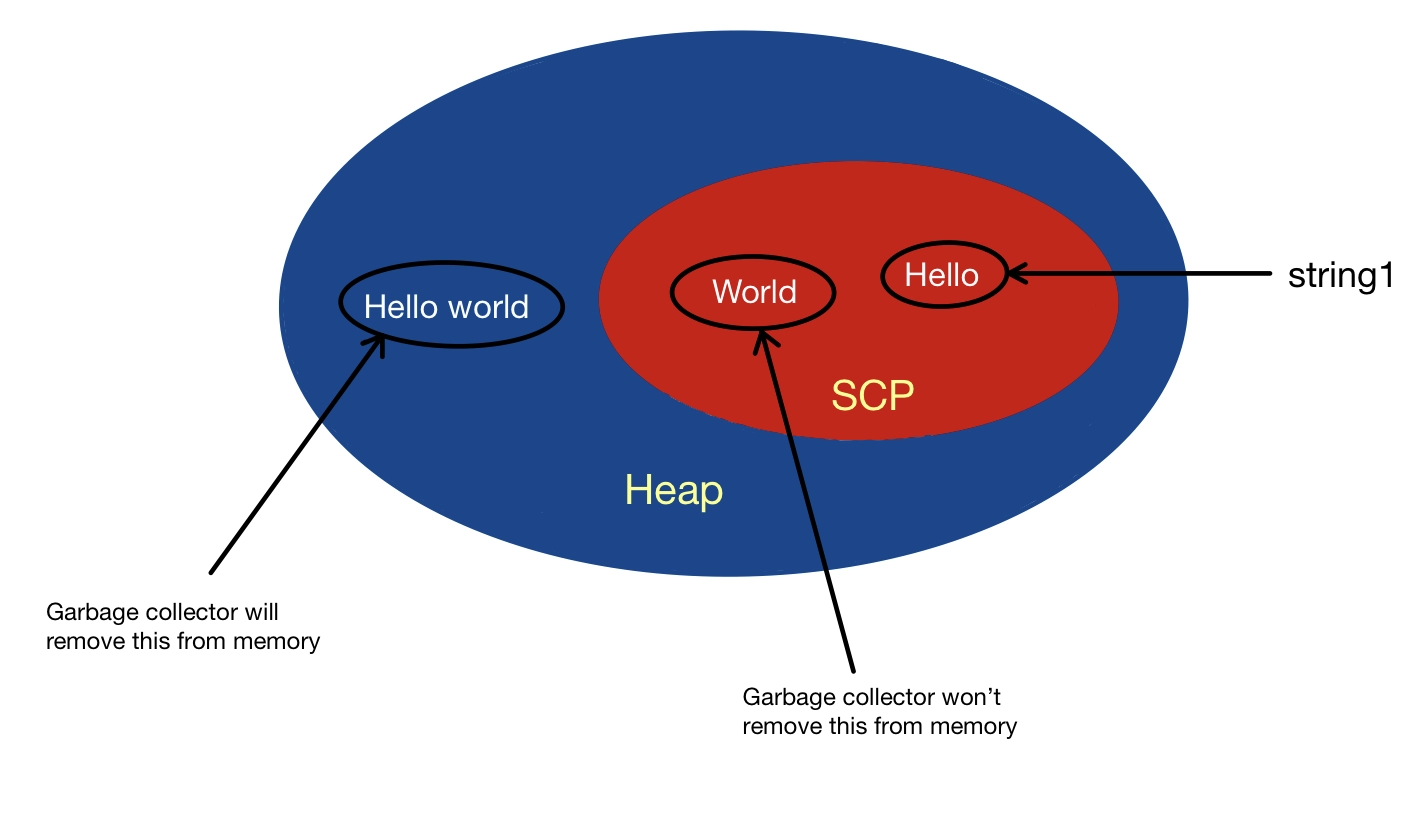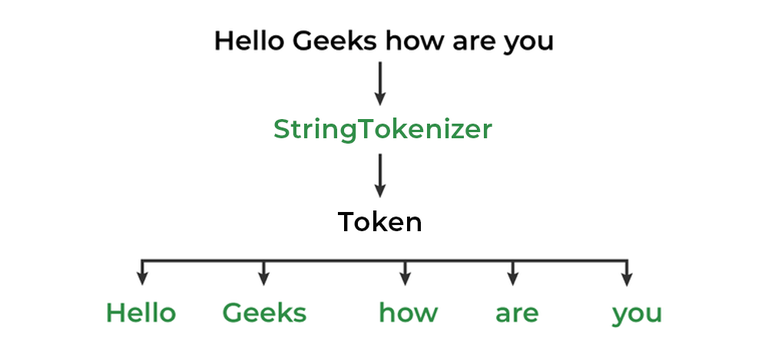Why Are Strings Immutable in Java? Insights into Memory Efficiency
Why Are Strings Immutable in Java? Insights into Memory Efficiency
Blog Article
What Is Immutable Strings and How It Functions
In the world of shows, understanding the idea of unalterable strings is critical for creating safe and robust applications. Unalterable strings refer to strings that can not be altered after they are developed, guaranteeing information integrity and predictability within the code.
The Essentials of Immutable Strings
Immutable strings, as a basic concept in shows, are character sequences that can not be transformed when they are developed. This implies that when a string is assigned a value, that worth can not be modified. In languages like Python and Java, strings are immutable objects, resulting in different ramifications in terms of memory administration and information honesty.
Among the key benefits of immutable strings is that they offer a sense of safety and security in information control. Since the content of an immutable string can not be changed, it makes certain that the original information remains intact, lowering the threat of unintentional modifications throughout program execution (Why are strings immutable in Java?). This home additionally simplifies debugging procedures, as designers can rely on that when a string is specified, its value will not be accidentally altered
When a new string is developed based on an existing one, rather than modifying the initial string, the new value is stored separately. In general, recognizing the basics of unalterable strings is important for grasping programming concepts and optimizing code efficiency.
Benefits of Unalterable Strings
Building upon the security and performance advantages of immutable strings, their benefits reach improving code integrity and simplifying simultaneous programs tasks. By being immutable, strings can not be customized after development, which removes the danger of unintentional adjustments in the information they store. This inherent immutability makes certain that when a string is created, its worth stays continuous throughout the program's implementation, lowering the opportunities of bugs created by unforeseen alterations.
In addition, unalterable strings add to code reliability by making it much easier to reason concerning the state of a program. Since strings can not be transformed, designers can trust that a string will certainly always hold the very same value, streamlining debugging and upkeep efforts. This predictability causes extra reputable and secure codebases.

Execution in Programs Languages
Within various shows languages, the consolidation of immutable strings is an essential aspect that influences how information is dealt with and adjusted within code structures. The implementation of immutable strings differs throughout various programming languages, with each language using its very own devices to support this concept.

In comparison, languages like C and C++ do not have integrated assistance for immutable strings. Programmers in these languages must manually implement immutability by imposing policies within their code to stop straight modifications to string objects.
Best Practices for Working With Unalterable Strings
When taking care of immutable strings in programs languages like Java and Python, adhering to finest practices ensures safe and efficient data control. Among the essential finest techniques is to make use of StringBuilder or StringBuffer as opposed to directly manipulating strings, specifically when managing comprehensive concatenation procedures. These classes supply mutable alternatives for string adjustment, helping to stay clear of unnecessary memory allowances and boosting performance.
In addition, when functioning with delicate information such as passwords or API tricks, it is important to prevent keeping them as ordinary text in unalterable strings. Utilizing view safe storage mechanisms like char arrays or specialized collections for handling delicate details helps minimize safety risks connected with unalterable strings.
Real-world Applications and Examples
Discovering useful implementations of unalterable strings in numerous sectors exposes their significant influence on information stability and system dependability. In the medical care market, immutable strings play a crucial duty in guaranteeing the safety and discretion of individual information. By stopping unauthorized adjustments to delicate details such as clinical documents and prescriptions, immutable strings aid keep compliance with rigorous privacy guidelines like HIPAA.
Financial establishments likewise take advantage of the immutable nature of strings to improve the safety of customer data and deal documents. Immutable strings aid prevent scams and unapproved modifications to economic information, supplying a durable protection against cyber threats and making sure the depend on and self-confidence of clients.

Verdict
Best practices for functioning with unalterable strings consist of avoiding direct alterations and making use of approaches that return new string objects. Real-world applications of unalterable strings consist of information security, caching, and string manipulation jobs.
Immutable strings refer to strings that can not be modified after they are created, ensuring information honesty and predictability within the code. When a brand-new string is developed based on an existing one, rather than changing the initial string, the brand-new worth is stored separately.In languages like Java and Python, strings are immutable by default, indicating that when a string item is created, its worth can not be changed - Why are strings immutable in Java?. Ideal practices for functioning with immutable strings consist of preventing direct alterations and utilizing approaches that return new string objects. Real-world applications of immutable strings Resources include information encryption, caching, and string manipulation jobs
Report this page